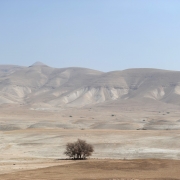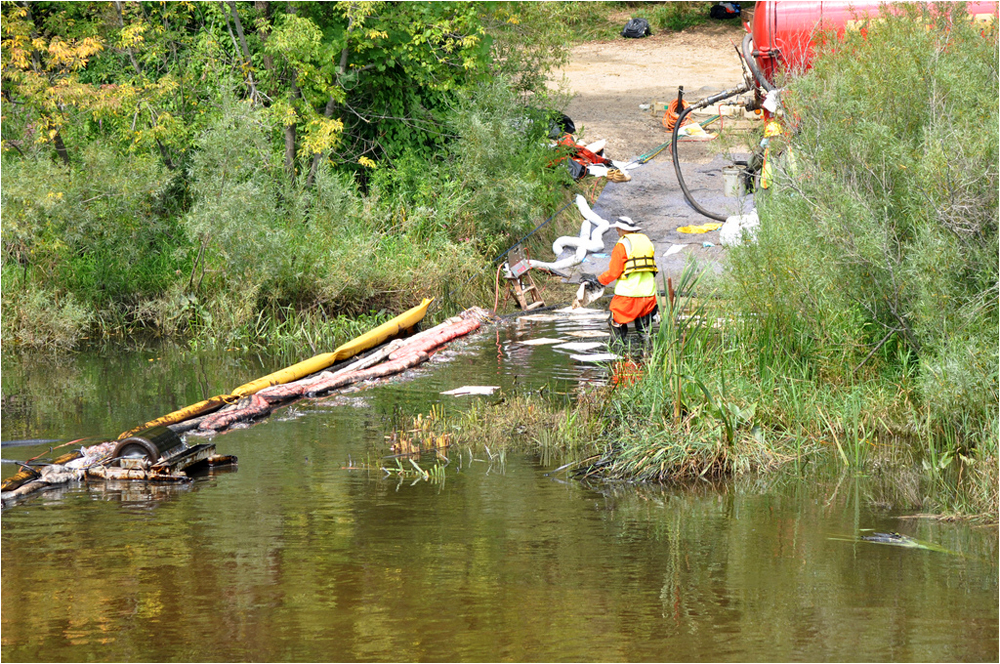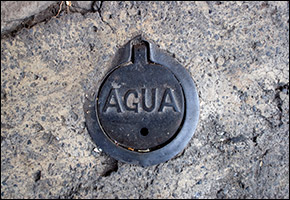U.S. Supreme Court Denies Mississippi’s Claims against Memphis
Mississippi wants the city’s water utility to stop excessive groundwater withdrawal and pay $1.3 billion in damages.
 The United States Supreme Court declined to hear a lawsuit claiming that Memphis is pumping too much water out of a shared aquifer, the Memphis Commercial Appeal reports.
The United States Supreme Court declined to hear a lawsuit claiming that Memphis is pumping too much water out of a shared aquifer, the Memphis Commercial Appeal reports.
The Court also refused, without comment, to overturn an appellate court’s ruling in favor of Memphis, according to BusinessWeek.
Mississippi Attorney General Jim Hood says he will consult neighboring attorneys general before continuing any legal action.
“We were attempting to avoid including our sister states in the litigation against Memphis and Memphis Light, Gas and Water,” Hood said, BusinessWeek reports. “Before we file the action, I intend to consult with my fellow attorneys general in Arkansas and Tennessee to see if we can reach some settlement.”
The case began in 2005 when Hood filed a lawsuit against Memphis Light, Gas and Water (MLGW)–-the city’s water supply division. The suit claimed that excessive pumping by MLGW had created a ‘cone of depression’ in the aquifer, causing water in Mississippi to flow into Tennessee. More than 20 percent of Memphis’ water supply has been taken from Mississippi, the suit claims.
Memphis is the largest city in the world relying solely on groundwater for its water supply, according to documents filed by Hood. The city pumps over 150 million gallons per day from the Memphis Sands aquifer on average.
The suit sought $1.3 billion in damages from Tennessee, the city and MLGW.
Tennessee officials praised the ruling.
“We are gratified by the court’s decision, which recognizes state sovereignty in these matters and avoids protracted and expensive litigation,” a spokesperson for Attorney General Bob Cooper said in a statement.
U.S. District Judge Glen Davidson ruled in 2008 that the state of Tennessee, though not named in the suit, had to be party to it. That would have made the case an interstate dispute under the Supreme Court’s jurisdiction, the Commercial Appeal reports. The Fifth Circuit Court of Appeals upheld that ruling in June 2009.
Memphis still faces a lawsuit from De Soto County, Miss., but the city’s lawyer hopes that it will be thrown out following the Supreme Court’s decision, according to the Commercial Appeal.
If Memphis had lost, it would have been forced to use water from the Mississippi River and build multi-million dollar treatment plants.
Source: Memphis Commercial Appeal, Business Week
Brett writes about agriculture, energy, infrastructure, and the politics and economics of water in the United States. He also writes the Federal Water Tap, Circle of Blue’s weekly digest of U.S. government water news. He is the winner of two Society of Environmental Journalists reporting awards, one of the top honors in American environmental journalism: first place for explanatory reporting for a series on septic system pollution in the United States(2016) and third place for beat reporting in a small market (2014). He received the Sierra Club’s Distinguished Service Award in 2018. Brett lives in Seattle, where he hikes the mountains and bakes pies. Contact Brett Walton











If Memphis really pumps over 150 million gallons per day, i think they should begin conserving water.., again i’ll say, if it’s true. With the upcoming global crisis on clean water, i think all should meet at certain ways. Settlement is the best to avoid lawsuits and the troubles that it will cause. Cmo’n all need to work together right?
I would think that this pre-supposes ownership of the water itself by virtue of geographic location or source even if it is not being pumped…
I don’t think that idea really works. It isn’t as if MLGW crossed over into Mississippi and sank a well on the other side of the state line, their facilities are all in Tennessee and completely legitimate.
It’s a ‘slippery slope’ – how do you police underground resources? You can’t physically audit them, only test and theorise concerning them. And you certainly can’t build an underground “Fence” to keep water from flowing wherever it will.
I also forsee great difficulty in enforcement if such a legal action were successful.
But it does look like Memphis needs to develop new water resources because if the aquifer is being depleted, at some point it must fail – and then what?
Dutch – can you please contact me at 281-467-7691